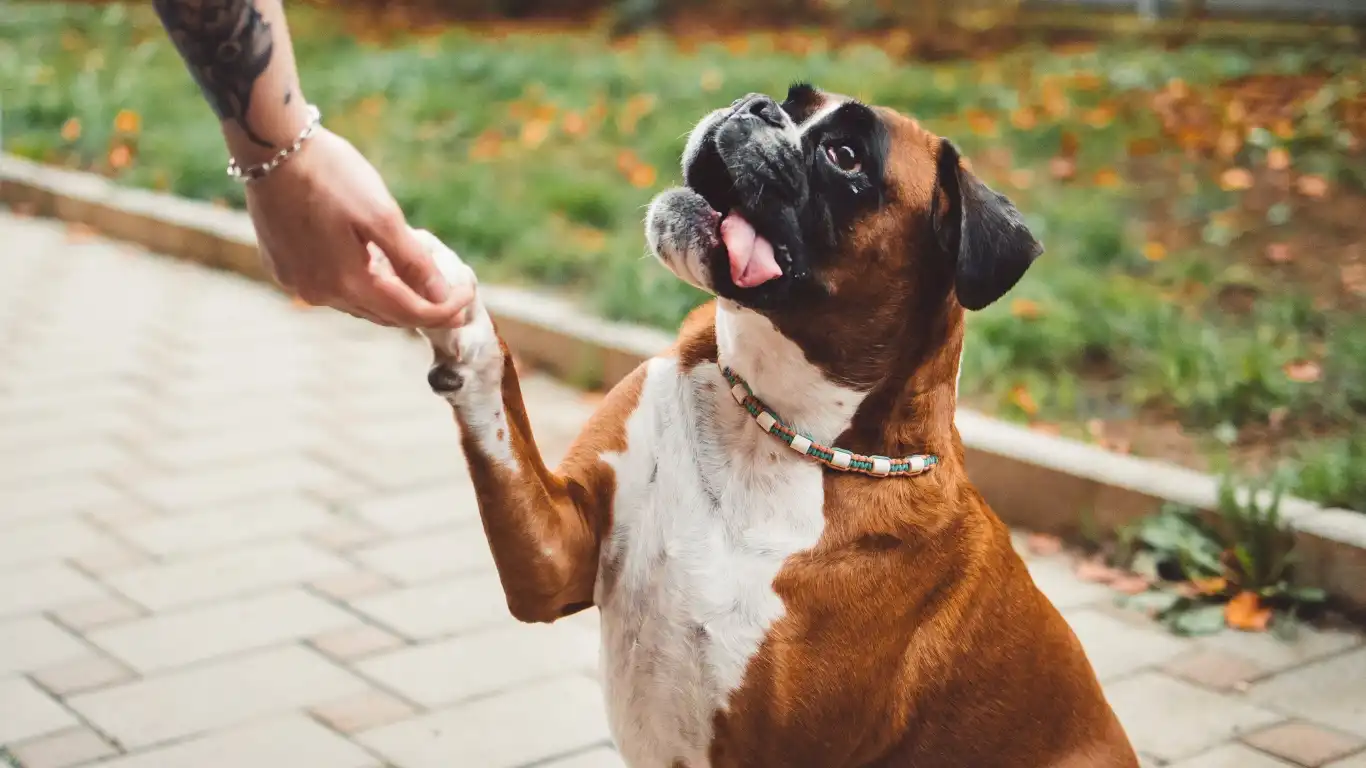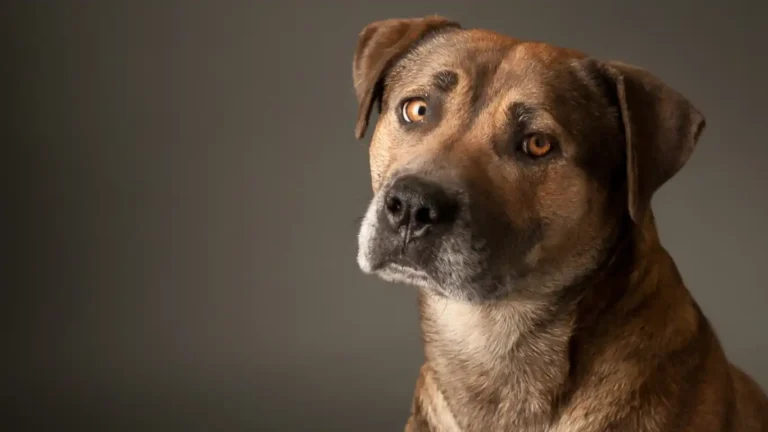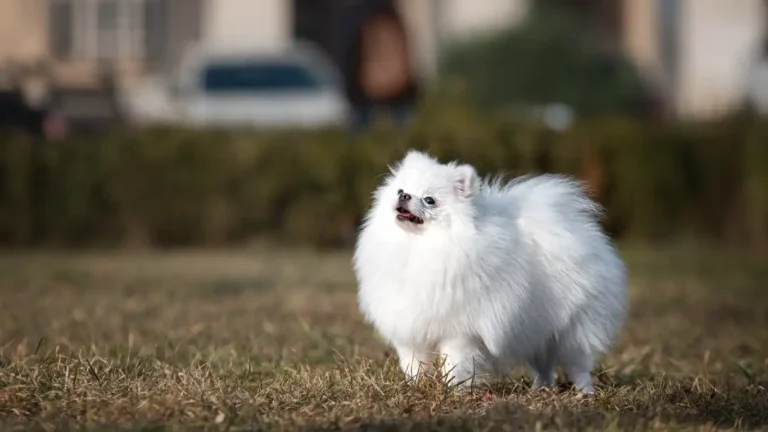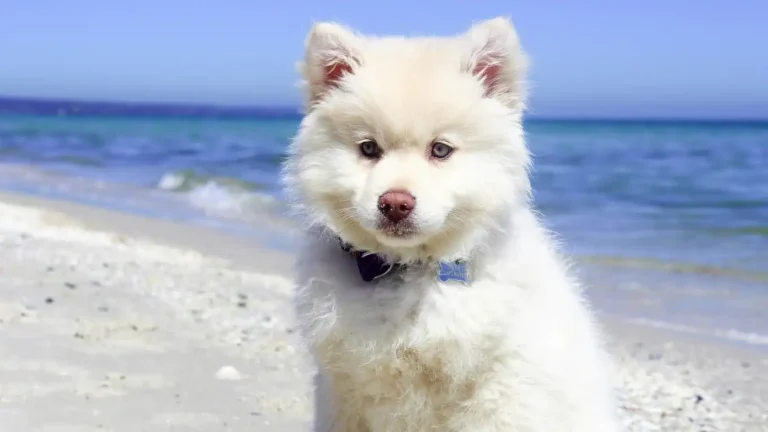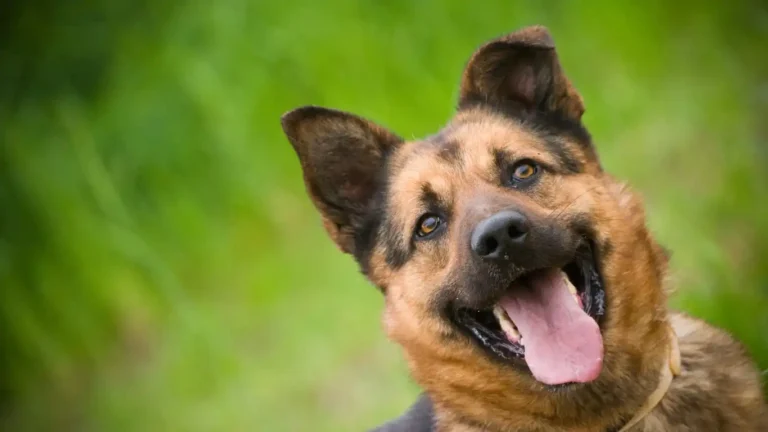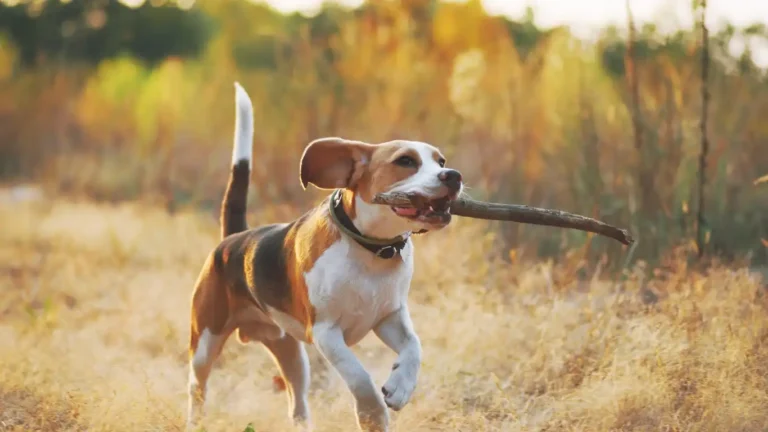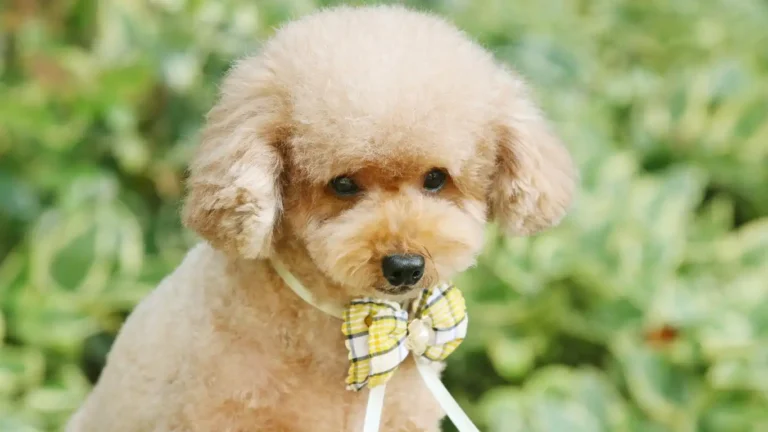How to Keep Your Dog Safe During Fireworks and Reduce Anxiety
If you’ve ever witnessed a dog reacting nervously during fireworks, you know it’s no joke. The loud booms, flashes, and unpredictable noises can turn a calm pup into a trembling mess in seconds. As a Veterinary Technician specializing in nutrition and animal care, I’ve seen firsthand how fireworks can stress our furry friends and even lead to serious health concerns if not managed properly. So, if you’re wondering how to keep your dog safe during fireworks, you’re in the right place. I’ll share practical tips, backed by my experience and the latest animal care guidelines, to help you keep your dog calm, comfortable, and most importantly—safe—when those fireworks start lighting up the sky.
Understanding Why Fireworks Scare Dogs
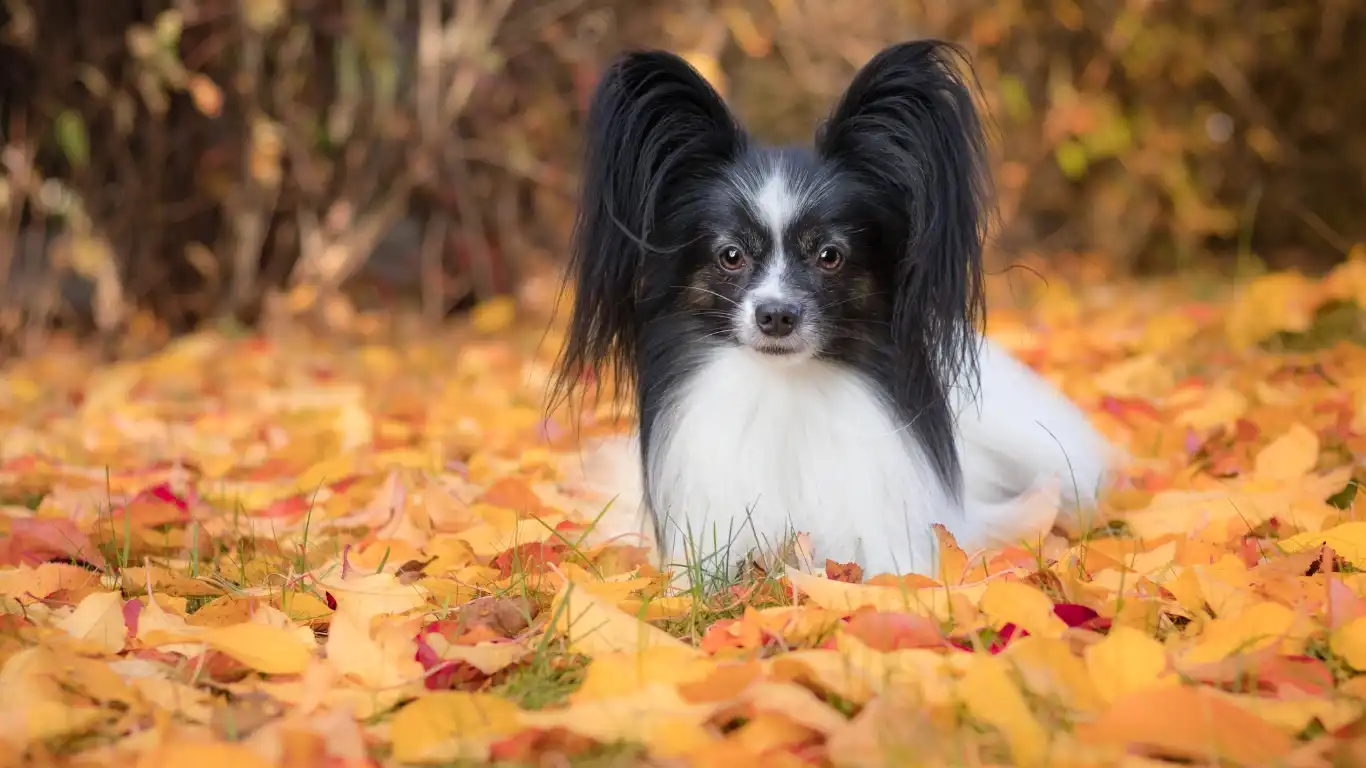
Dogs experience fireworks differently than we do. Their hearing is way more sensitive, so those sudden loud noises can feel overwhelming or even painful. Plus, the unpredictable flashes of light and vibrations can trigger a fear response that’s hard for them to control. From my veterinary tech days, I can tell you that this fear isn’t just about being startled—it’s a full-on panic for many dogs. You might notice behaviors like hiding, shaking, pacing, or even attempts to escape. Sometimes, it can escalate to destructive behavior or self-injury if the dog feels trapped.
Why Some Dogs Are More Vulnerable
Not every dog reacts the same way. Breed, age, past experiences, and even health can influence how fireworks affect your furry friend. For instance, rescue dogs or those who have had little socialization might be more sensitive to loud noises. Older dogs might develop noise phobias they didn’t have before. And puppies? They’re just learning what’s “normal” and what’s scary, so early exposure in a controlled, positive way can make a big difference. From what I’ve seen, dogs with anxiety or certain medical conditions often need extra care during these noisy events.
How to Keep Your Dog Safe During Fireworks: Practical Steps
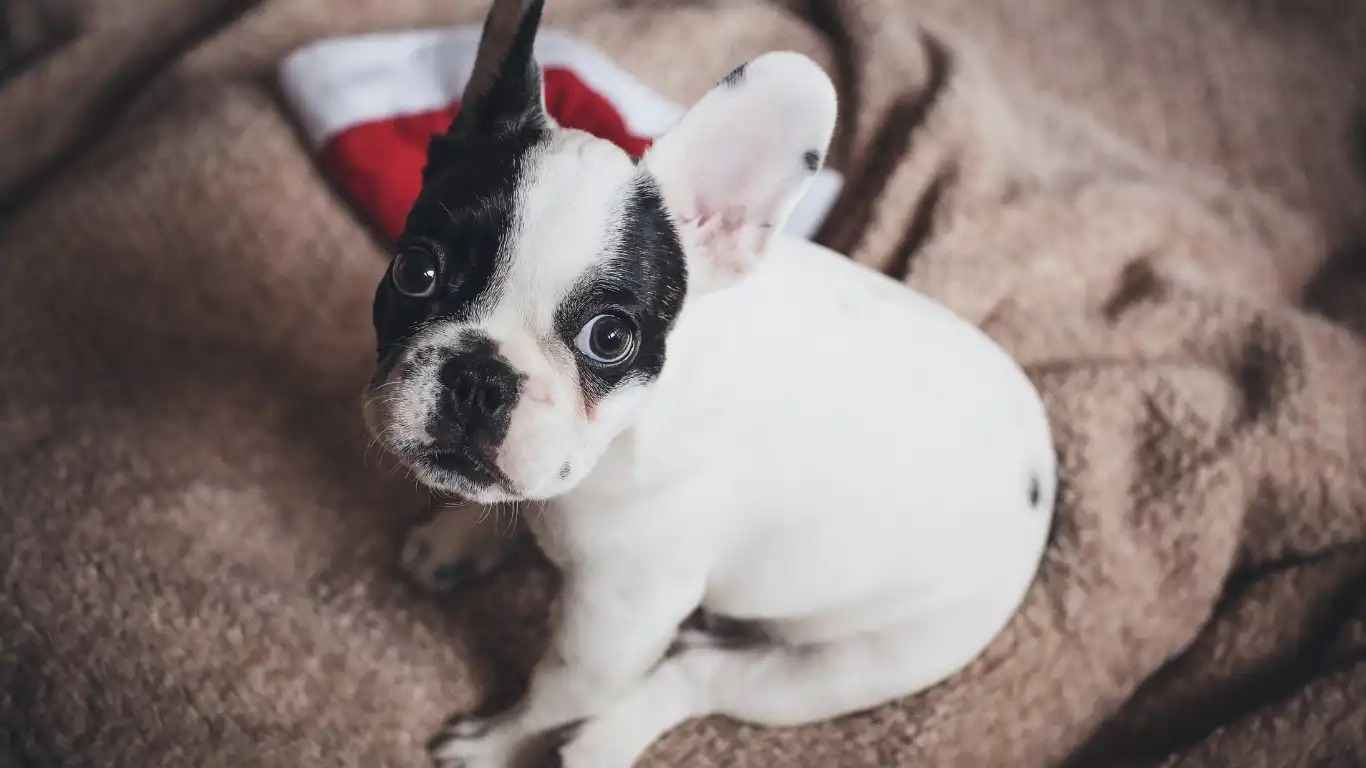
Now, let’s get into what really matters—keeping your dog safe and calm when fireworks are happening nearby. The goal is to reduce their fear, prevent injury, and help them feel secure. Here are some tips I’ve learned through years of working with nervous pets and their owners:
Create a Safe, Comfortable Space
Dogs feel safer when they have a cozy spot to retreat to—a place that’s quiet, dimly lit, and free from the loudest sounds. This could be a crate with their favorite blanket, a closet, or a corner of a room with minimal windows. Adding some white noise, like a fan or soft music, can help mask the fireworks’ booms. When I’ve recommended this to clients, they often mention how their dog will willingly go to “their spot” as a safe haven during stressful times.
Stick to Your Dog’s Routine
Consistency is key when managing stress. Try to keep feeding times, walks, and play sessions as normal as possible on fireworks nights. This sense of routine helps your dog feel life is “business as usual,” even when outside noises are anything but normal. Plus, physical exercise earlier in the day can tire them out, making them less reactive later on.
Use Calming Aids Thoughtfully
There are many products out there—calming treats, pheromone diffusers, anxiety wraps—that can support your dog’s comfort during fireworks. While these aren’t magic cures, they can be valuable tools when used properly. From my nutrition experience, I always suggest looking for natural ingredients and consulting your vet before introducing any supplements, especially if your dog has health issues.
Don’t Forget Identification
One important safety step I always stress is ensuring your dog has up-to-date identification. Fireworks can make dogs bolt in panic, so a collar with tags and a microchip are essential. It’s heartbreaking and stressful for everyone when a scared dog runs off, but proper ID dramatically improves the chances of a quick reunion.
Training and Preparation Before Fireworks Start
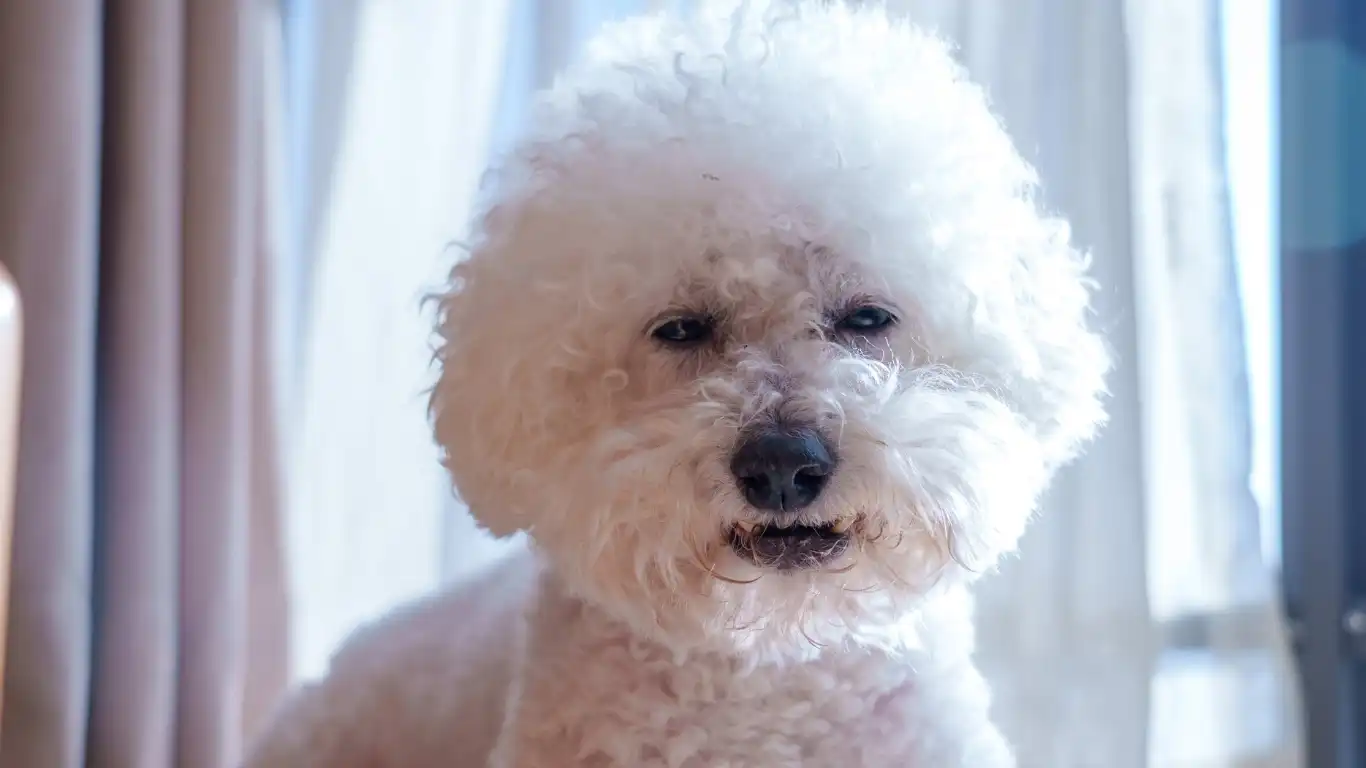
One of the best ways how to keep your dog safe during fireworks is to start preparing them well before the actual event. Over the years working in veterinary care, I’ve noticed that dogs who have some level of noise desensitization tend to cope much better. It’s not about making your dog fearless overnight—it’s about slowly teaching them that fireworks aren’t always a threat.
You can do this by playing recordings of fireworks sounds at a very low volume, paired with positive reinforcement like treats or play. Gradually increase the volume over days or weeks while watching your dog’s reaction closely. If they show signs of stress, slow down the pace or take a step back. The goal is to create a calm, positive association with the sounds.
Introduce Safe Toys and Comfort Items
During my time working directly with anxious pets, I found that having familiar toys or chew items handy can be a lifesaver during fireworks. These distractions help redirect your dog’s focus away from the scary noises. Puzzle toys filled with treats, or even a favorite stuffed animal, can give your dog something comforting to latch onto.
Remember, each dog is unique. Some prefer to chew, others might like to cuddle up next to their human. Observing what your dog naturally seeks out when they’re nervous will help you pick the right comfort items.
What to Avoid When Fireworks Are Going Off
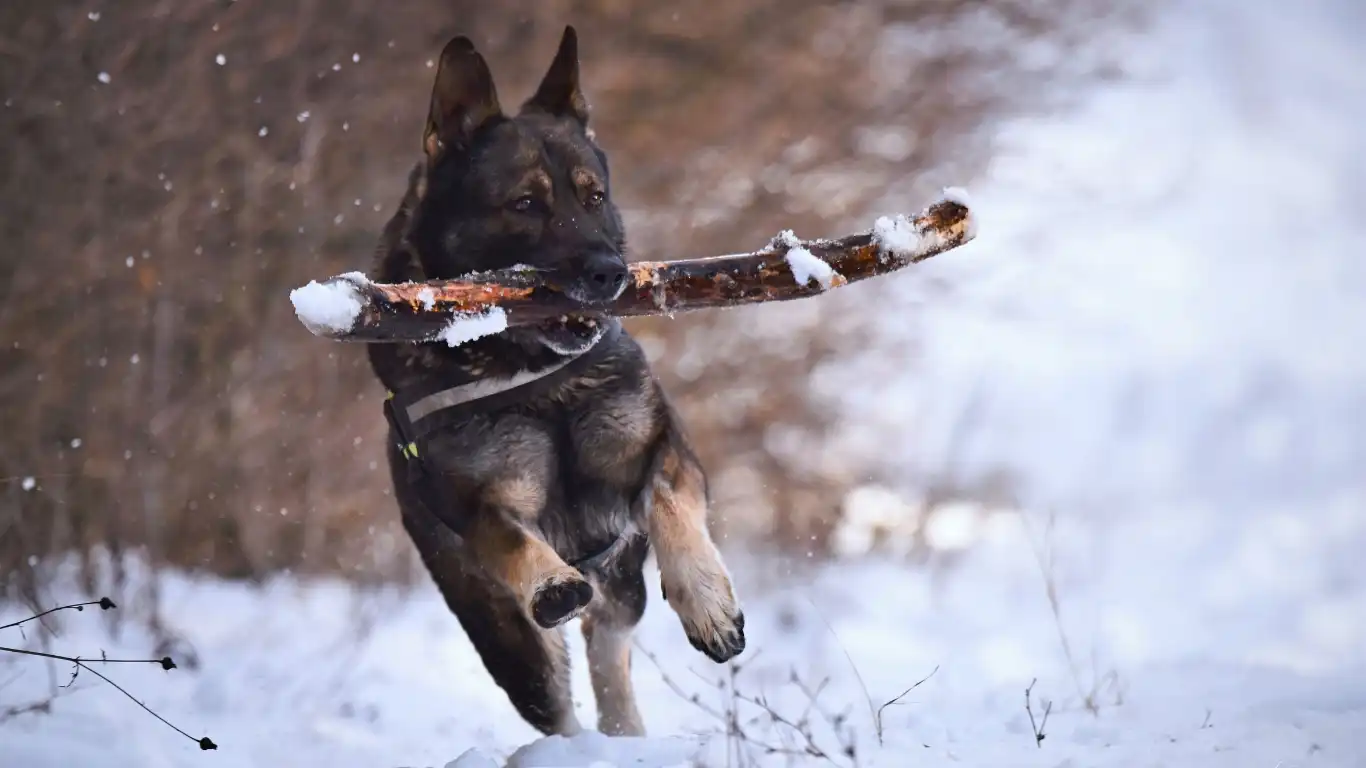
There are a few common mistakes I see pet owners make, and knowing what to avoid is just as important as knowing what to do. Here’s a quick rundown from my professional perspective:
- Don’t punish your dog for being scared. Fear is a natural response, and scolding them will only increase anxiety and harm your bond.
- Avoid forcing your dog outside during fireworks. This can increase their stress and even cause them to run off in panic.
- Try not to overly reassure your dog with excessive petting or loud voices. While comforting is good, sometimes too much attention can reinforce fearful behavior. Instead, aim for calm and steady reassurance.
When I worked in clinics, I often advised clients to stay relaxed themselves. Dogs are amazing at picking up on human emotions, so if you stay calm and steady, your dog will often feel safer.
Nutrition and Supplement Support to Calm Your Dog
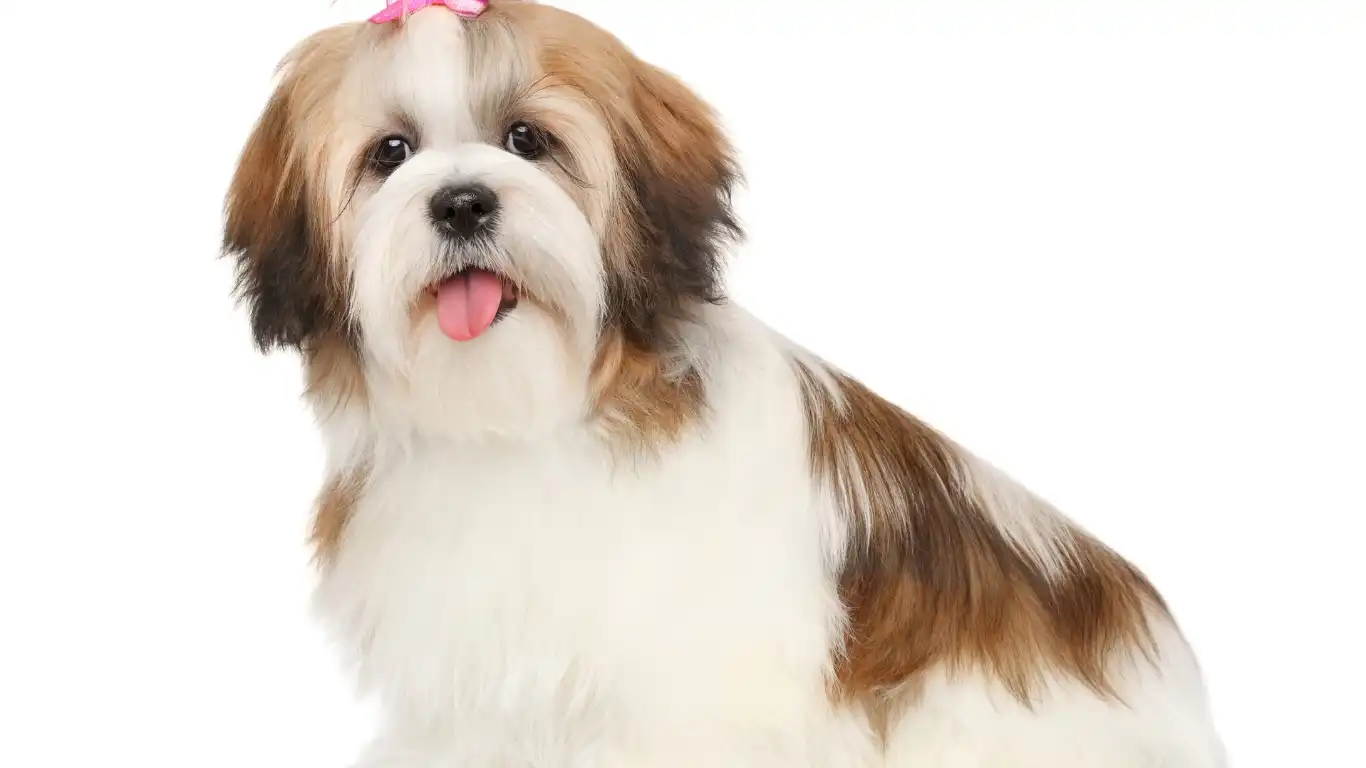
Something many pet parents overlook when thinking about how to keep your dog safe during fireworks is the role of nutrition and supplements. From my background in veterinary nutrition, I can tell you that what your dog eats plays a bigger role in their overall stress levels than most realize.
Certain supplements—like omega-3 fatty acids, L-theanine, and chamomile—have shown promising effects in reducing anxiety symptoms in dogs. I always recommend discussing any new supplement with your vet, especially since dosages and formulations matter. And remember, supplements are meant to support your dog’s health; they aren’t quick fixes but part of a holistic approach to anxiety management.
Alongside supplements, maintaining a balanced diet with high-quality protein, healthy fats, and plenty of antioxidants can help keep your dog’s nervous system resilient. During stressful times like fireworks, hydration is also key—make sure your dog always has fresh water available.
Personal Experience: A Calm Night Thanks to Preparation
I’ll never forget the Fourth of July a few years back when one of my clients called me in a panic because their usually anxious dog was completely freaked out. I suggested a combination of creating a safe space, using a pheromone diffuser, and offering a calming treat I’d recommended. They also followed a routine we’d discussed earlier about noise desensitization. The next year? Their dog was noticeably calmer, even curling up peacefully through the whole fireworks display. It’s these moments that remind me how much careful preparation and compassionate care can really make a difference.
When to Seek Professional Help for Firework Anxiety
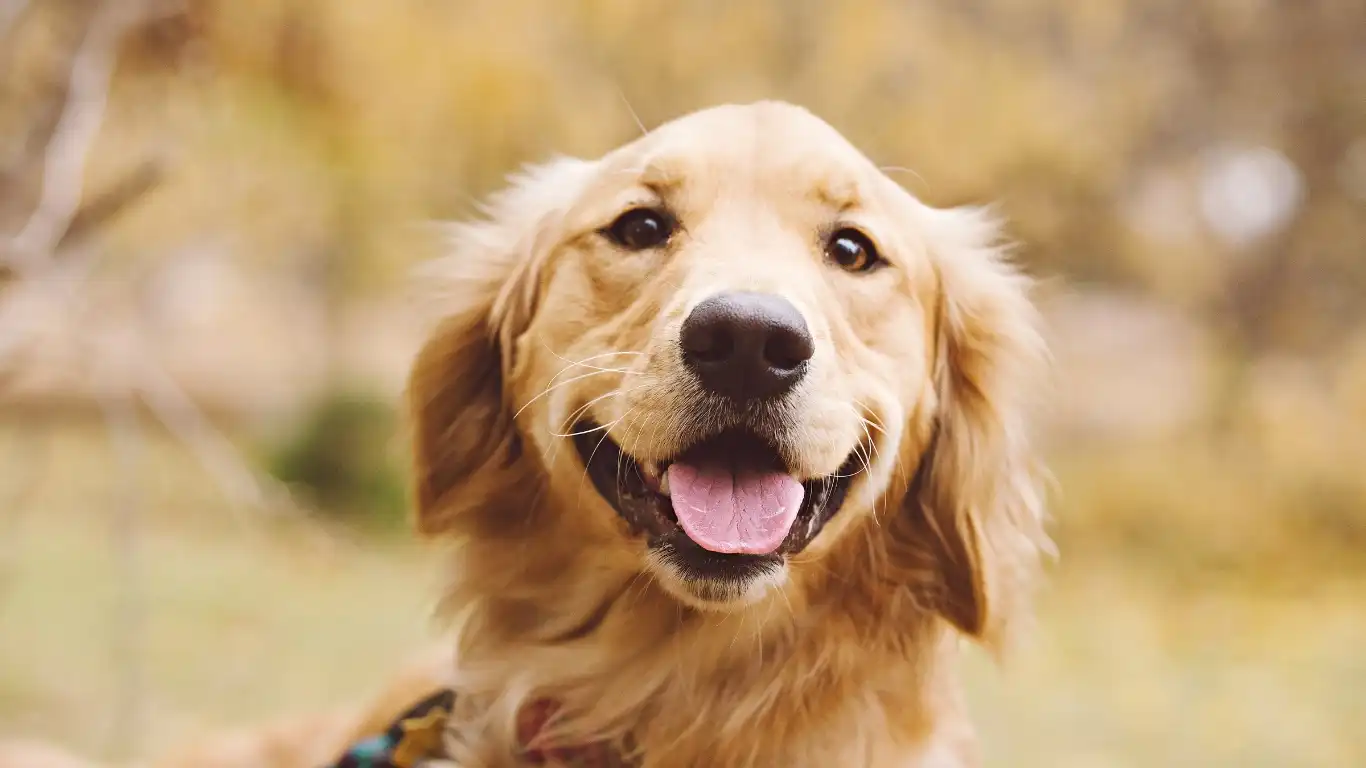
Sometimes, despite all your best efforts, your dog’s fear of fireworks might be too intense to manage on your own. As a Veterinary Technician, I’ve worked closely with many pets who need a bit more than just at-home strategies. If your dog’s anxiety leads to severe behaviors like persistent shaking, refusal to eat, self-injury, or nonstop barking, it’s a good idea to get professional advice.
A veterinarian or a certified animal behaviorist can help identify if your dog needs prescription medications or a specialized behavior modification plan. I’ve seen how combining medical support with gradual desensitization techniques can transform a terrified dog into a much calmer companion. Never hesitate to ask for help—it’s always better to act sooner than later when it comes to your pet’s mental health.
Medications and Behavioral Therapy
Medications aren’t the first step for every dog, but for some, they can be a real game-changer. Drugs like benzodiazepines or certain antidepressants might be recommended by your vet for short-term or longer-term use, depending on the severity of the anxiety. In my experience, these are always paired with behavioral therapies to teach dogs coping skills, rather than just masking symptoms.
Behavioral therapy might include counter-conditioning—pairing scary sounds with something your dog loves—or gradual exposure under controlled conditions. It takes patience and time, but with professional guidance, you can give your dog a much better quality of life during those tough noisy nights.
Emergency Tips for Firework Nights

On the actual night of fireworks, you want to be as prepared as possible to handle whatever happens. From my years working in clinics, here are some quick, practical tips I always share with pet parents for those unexpected flare-ups:
- Stay close and calm. Your presence is the best reassurance your dog can get. Sit quietly with them without overwhelming attention.
- Use distractions. Toss a favorite chew or toy, or engage in gentle play if your dog is open to it. Sometimes a little mental stimulation helps override the fear.
- Close windows and curtains. This helps muffle sounds and reduce visual flashes that can scare your dog even more.
- Don’t force interactions. Let your dog decide if they want to be petted or left alone. Respecting their space builds trust.
- Keep ID and leash handy. If you need to go outside or if your dog bolts, having these ready can save crucial time.
In my experience, these small actions can make a world of difference in helping your dog feel safer and more secure.
Building Long-Term Resilience to Fireworks
Fireworks won’t go away anytime soon, but over time, you can help your dog build resilience to those scary noises. Regular positive exposure, combined with supportive nutrition, a safe environment, and plenty of love, will gradually reduce their stress response. Remember, it’s a journey, not a quick fix.
One last tip I like to share is to keep a “fireworks kit” ready—this might include calming treats, a favorite toy, a blanket, and contact info for your vet or animal behaviorist. Having everything on hand means you won’t be scrambling when the big day arrives.
References
Disclaimer
This article is intended for informational purposes only and is not a substitute for professional veterinary advice. Always consult your veterinarian or a certified animal behaviorist before starting any new treatment or behavior modification plan for your dog. Individual dogs may have unique health needs or conditions that require personalized care.
